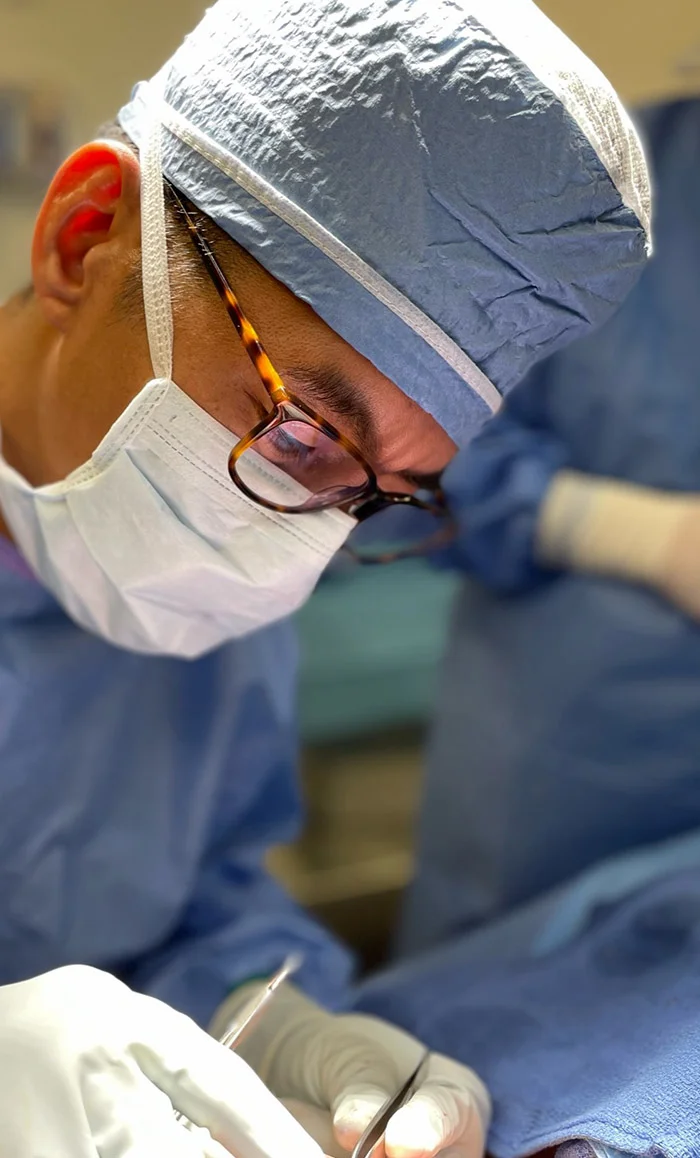Any surgical procedure is associated with some risk and complications, and the best way to achieve a favorable outcome is to work with an experienced and board-certified plastic surgeon. Risks of gender affirming surgery may include:
- Bleeding
- Infection
- Suboptimal scarring
- Breast implant complications such as capsular contracture and
 Trusted Source
What are the risks of transfeminine top surgery?
American Society of Plastic Surgeons
Go to Source
implant leak
Trusted Source
What are the risks of transfeminine top surgery?
American Society of Plastic Surgeons
Go to Source
implant leak
- Changes to
 Trusted Source
What are the risks of transmasculine top surgery?
American Society of Plastic Surgeons
Go to Source
nipple sensation
Trusted Source
What are the risks of transmasculine top surgery?
American Society of Plastic Surgeons
Go to Source
nipple sensation
That said, our transgender patients feel that any risks of gender surgery pale in comparison to the many benefits, including a stronger sense of self, improved self-esteem and mental health, and an overall improvement in quality of life.












